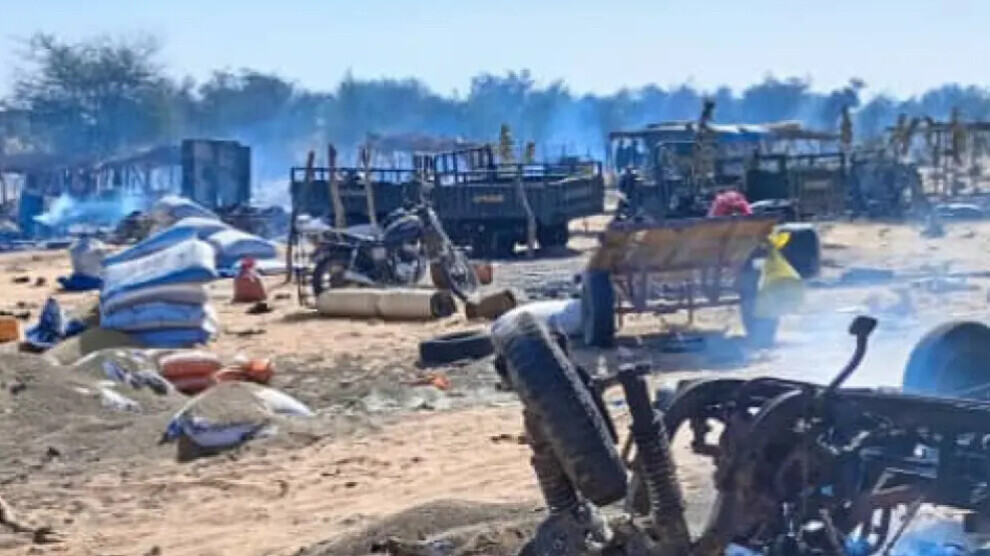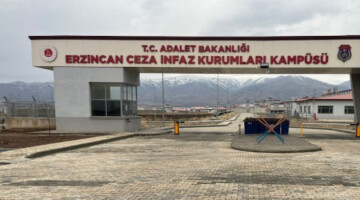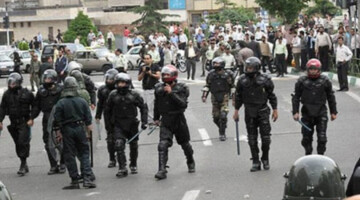Three Burkina Faso military drone strikes that the government claimed targeted Islamist fighters killed at least 60 civilians and injured scores more at two crowded markets and a packed funeral in Burkina Faso and Mali between August and November 2023, Human Rights Watch said today.
HRW pointed out that the Burkinabè military carried out the attacks with Turkish-made Bayraktar TB2 drones, which were acquired in 2022. These remotely piloted aerial combat vehicles can surveil, accurately target, and deliver up to four MAM-L laser-guided bombs. Human Rights Watch documented casualties and damage consistent with the blast and fragmentation effects created by using these guided munitions in concentrations of people.
HRW stressed that drone strikes violated laws-of-war prohibitions against attacks that do not discriminate between civilians and military targets and were apparent war crimes. “The Burkinabè government should promptly ensure independent, impartial, and transparent inquiries into these attacks, appropriately prosecute those responsible, and adequately compensate victims and their families.”
“The Burkina Faso military used one of the most accurate weapons in its arsenal to attack large groups of people, causing the loss of numerous civilian lives in violation of the laws of war,” said Ilaria Allegrozzi, senior Sahel researcher at Human Rights Watch. “The Burkinabè government should urgently and impartially investigate these apparent war crimes, hold those responsible to account, and provide adequate support for the victims and their families.”
On August 3, Radiodiffusion Télévision du Burkina (RTB), Burkina Faso’s government-run national television network, reported a successful air operation “based on intelligence” against a group of Islamist fighters who were “preparing large-scale attacks” in Bouro, Sahel region, and showed a video of a guided munition striking dozens of people and animals in a glade.
Witnesses said that the attack hit Bouro’s weekly Thursday market. Human Rights Watch reviewed a satellite image taken on a Thursday five months earlier, on March 2, showing people and animals gathered at that same location. Local residents said that at least 28 men were killed and many wounded.
On September 24, RTB aired a video from a Burkinabè military drone of an attack on an unidentified village in the North region during a report on military operations against Islamist armed groups. A journalist commenting on the video footage said that “aerial vectors” detected 18 motorbikes coming from the Mali border and heading toward Koumbri and “successfully hit” them as they “stopped in a village.”
The RTB report, HRW said, is contrary to the accounts of people interviewed, who said that about 100 people were attending the funeral for a local woman and that there were no Islamist fighters at the compound at the time. Survivors said that 24 men and a boy were killed, and 17 were injured, all civilians. JNIM forces have besieged Bidi since 2021.
On November 18, a Burkinabè military drone hit a crowded market across the border in Mali near the town of Boulkessi, killing at least seven men and injuring at least five others. Witnesses said that several armed JNIM fighters were at the market, but that “almost all those there [at the time of the strike] were civilians.”
“The laws of war applicable to the armed conflict in Burkina Faso prohibit attacks that target civilians and civilian objects, that do not discriminate between civilians and combatants, or that are expected to cause harm to civilians or civilian property that is disproportionate to any anticipated military advantage. Indiscriminate attacks include attacks that are not directed at a specific military target or use a method or means of combat whose effects cannot be limited as required,” HRW stated.
“Violations of the laws of war committed with criminal intent, that is deliberately or recklessly, are war crimes. The use of highly accurate weapons such as the Bayraktar TB2 drones with laser-guided bombs strongly suggests that the markets and the funeral were the intended targets.”
“The Burkina Faso military repeatedly carried out drone strikes in crowded areas with little or no concern for civilian harm,” Allegrozzi said. “Governments transferring weapons to Burkina Faso that the military uses with flagrant disregard for civilian life risk being complicit in war crimes.”















